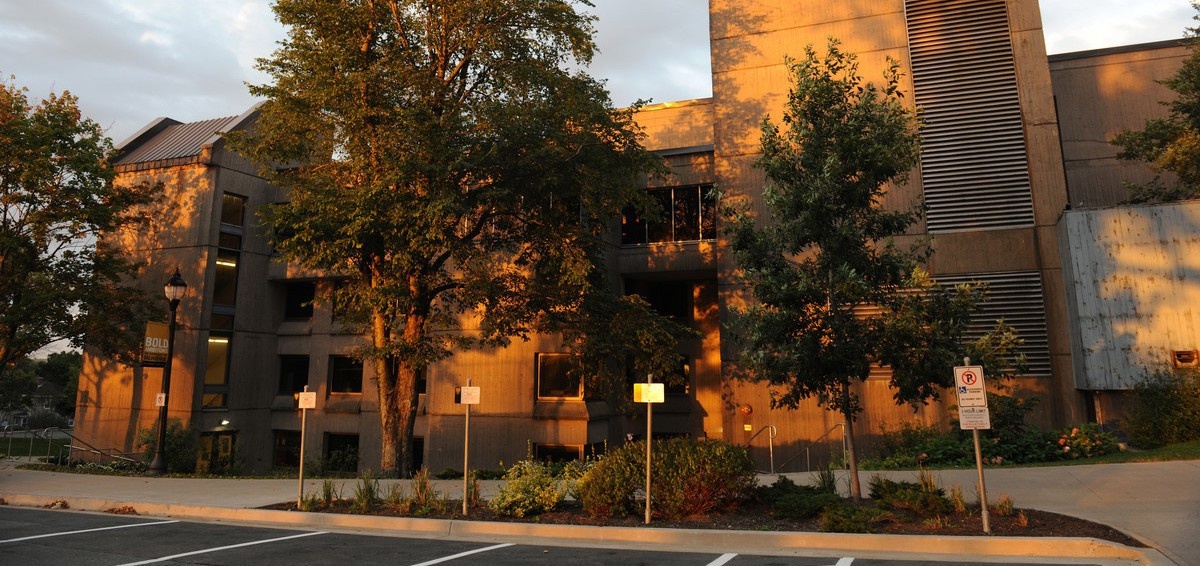Areas of Research Concentration
Developmental
Developmental Psychology is the study of behavioural, affective, cognitive changes across the lifespan, as well as the biological and social factors that affect this development. Adopting this broad view requires a multidisciplinary approach, such as the one that we take here at AV整氈窒.
Our faculty and associated members bring expertise from cognition, social development, clinical research, and neuroscience to the study of the underpinnings, processes, and outcomes of development. Specific topics of research range from developmental neuroendocrinology and child psychopathology to pediatric pain and cognitive development. In addition to the faculty members with primary appointments in the Department of Psychology, we also draw on the expertise of researchers from other departments, such as Human Communication Disorders, Child Neurology and Paediatrics, and other research institutions, such as Acadia University and the IWK Health Center.
Graduate students interested in Developmental Psychology pursue research within the Experimental Psychology, Clinical or Neuroscience Programs. These programs provide graduate students with extensive opportunities to pursue their research ideas in collaboration with their primary supervisor, in addition to other members and affiliates of the department. The list below outlines the research interests of those individuals. We encourage students to contact individual faculty members for specific opportunities.泭
泭
Cognition/Cognitive Neuroscience
Cognition is the study of all the processing and decision-making that takes place between the registration of stimuli at the sensory receptors and the production of an overt response. This includes but is not limited to the study of attention, memory, knowledge, thinking, and language. Cognitive neuroscience examines the neurological underpinnings of cognition.泭 Cognitive neuroscience methods include but are not limited to the study of neurological impairments, functional magnetic resonance imaging (fMRI), event-related potentials (ERPs), and computer modeling of brain function.
Our developmental faculty are often interested in examining how cognitive function changes over time; our clinical faculty are often interested in examining how cognitive function is impaired in patient populations. Our core cognitive and cognitive/neuroscience faculty are interested primarily in the study of cognitive mechanisms per se.
Clinical
The Clinical PhD program is a泭CPA accredited泭program, which follows the scientist-practitioner model. Clinical psychology is part of the science of psychology, and we therefore emphasize both research and clinical practice. The program typically takes six to seven years to complete, on average, including a one-year clinical residency/internship.泭
Upon admission, students are assigned to a faculty member who will supervise their thesis and other research projects. During the first four years of the Clinical Psychology program, students complete required and elective courses, conduct supervised and thesis research, and gain clinical experience through field placements. Students are involved in research from the outset, and are expected to conduct research leading to empirical, methodological and/or theoretical advances in their field of study, some or all of which will be included in their dissertation and defended publicly. In the fifth year, students are placed in a full-year clinical internship.
You can find more information in the [PDF-299 KB].
Candidates for the program in Clinical Psychology must have an honours degree or equivalent in Psychology. Students entering from the bachelor's degree are registered in an MSc and then fast-tracked into the PhD before the end of their first year, without completing a master's thesis or obtaining a master's degree. Students admitted with a master's degree in Psychology or a closely related field are eligible for direct-entry into the PhD and may be eligible for advanced standing within the program.
